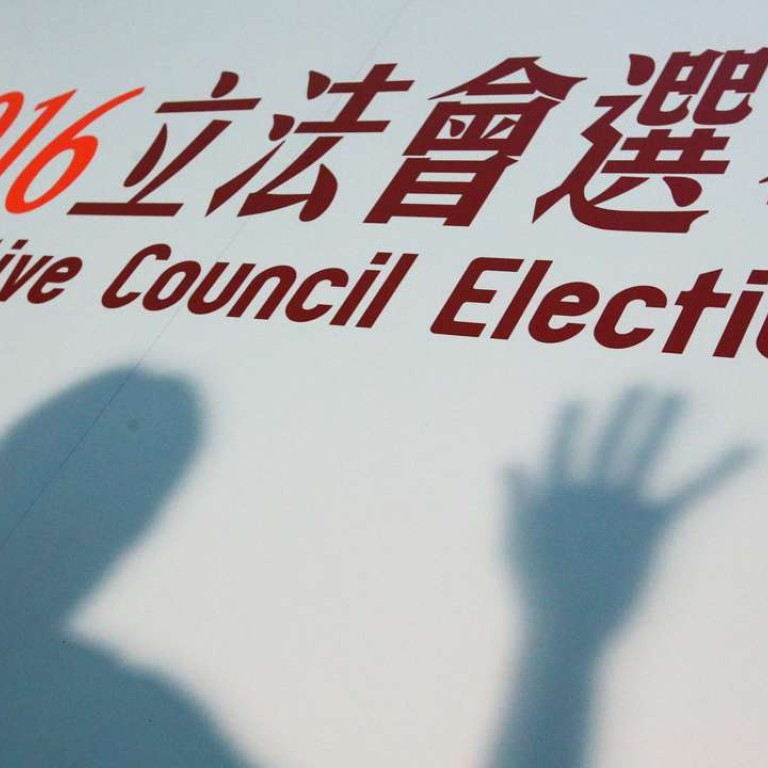
The integrity of our electoral system must be protected
Arrests linked to vote-rigging in one of the trade-based seats in the Legislative Council have tarnished the city’s reputation for clean elections
Hong Kong’s democracy is still far from a full-fledged one. But decades of polling experience shows that our elections are by and large open and clean. That reputation, however, has been tarnished by the arrests of 72 people linked to vote-rigging in one of the trade-based seats in the city’s legislature.
The suspects, including students, housewives and drivers, allegedly received between several hundred dollars and HK$1,000 from middlemen to become members of two professional bodies in the information technology sector, even though they did not possess the qualifications, according to the city’s anti-graft authorities. This enabled them to vote in the Legislative Council polls last September. The investigation came after the electorate of the IT seat grew by 5,400 to 12,115 in four years. More arrests may follow.
Ultimately, the matter will be decided by the court. But the arrests, some of the worst in the city’s electoral history, only reinforce the negative perception of our functional constituencies. Comprising half of the legislature, the constituencies are notorious for their flaws. Unlike geographical polls which cover 3.8 million voters, functional constituencies are confined to specific trades, professions or bodies like stock brokers, doctors, engineers and business groups. Their slegector-based nature means they are essentially fraught with vested interests. Their electoral bases range only from the thousands to as few as 100-odd voters. The voters number around 240,000 in total, or just 6.3 per cent of the general voting population, but their lawmakers control half of the seats in the legislature.
This is further compounded by their loose eligibility to register. The IT sector is one of the few that allows anyone to sign up as a voter as long as they are active members of professional groups. But like other sectors, the gate-keeping may not be stringent. An investigation by the Post last year raised questions over some sectors. For instance, two pro-Beijing youth groups affiliated with a hawker association were voters in the retail and wholesale constituency, even though they were not involved in any trading business.
The Basic Law stipulates that the legislature is to be returned, ultimately, via universal suffrage. Given the flaws in the functional constituencies, it is difficult to see how they can be retained in their present form indefinitely. But in the absence of a concrete timetable for a revamp, the public has to live with the system. That makes tightening up eligibility all the more important. There are three years to go before the next Legco elections. Officials should review the relevant electoral rules with a sense of urgency lest more irregularities be unearthed. At stake is the integrity of our electoral system.

